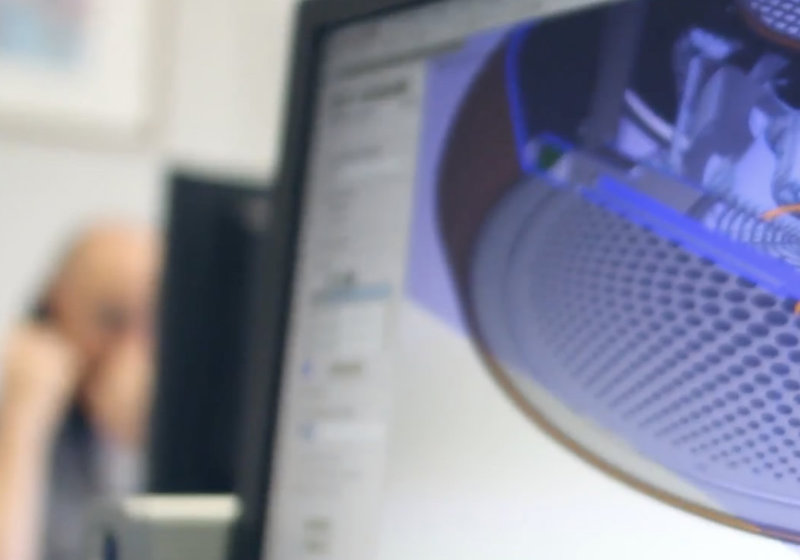- HOMEPAGE
- BRAND PHILOSOPHY

The desire, which led to the founding of Sirius in 1996, was to create something that shines through diversity. Sirius is in fact the name that symbolises this desire to blaze, to make its way and be recognised. The name in fact derives from the ancient Greek and means 'shining', 'burning'.
The path was already marked out: there was a desire to move towards a new concept of the cooker hood that would break away from the then vision of mass production that physiologically engendered little attention to quality and detail.
The Sirius adventure began in Germany, and then went on to many other foreign countries, with 90% of exports to date. In order to create something new, it was necessary to compare oneself with other parallel international realities and thus detach oneself from the productive homologation that Italy was having at that time.
The need was for detachment and knowledge of new production methods that could influence and adjust the focus for a new, more conscious Made in Italy, restructured by comparison with other realities and appreciated all over the world.
QUALITY
The Sirius product is intended to be a high-end product, in terms of materials, design and above all in terms of technological innovation, in a medium-high segment.

DESIGN

The Sirius brand identity is based on strong pillars that have been consolidated year after year. The desire for continuous development and change, in keeping with social changes, is reconciled with the need to remain faithful to the past: The decision not to relocate the production activity elsewhere and the choice of the showroom, created inside the old Sassoferrato station, contribute to the enhancement of the founder's territory of origin; the vision of luxury based not only on attractive design and the use of refined materials, but above all on artisanal production, also through the choice of mostly local suppliers; the use of sustainable packaging that minimises the use of plastics, without compromising the yield.
ENVIRONMENT

INNOVATION

Conceiving the right product both in terms of aesthetics and technological innovation, and then knowing and monitoring all its production steps is for Sirius the starting point of a high quality message, which must merge with a relationship of close complicity with its customers, so much so that it can also be moulded to the demands of individual international commercial markets.
CREATIVITY

ETHICS
